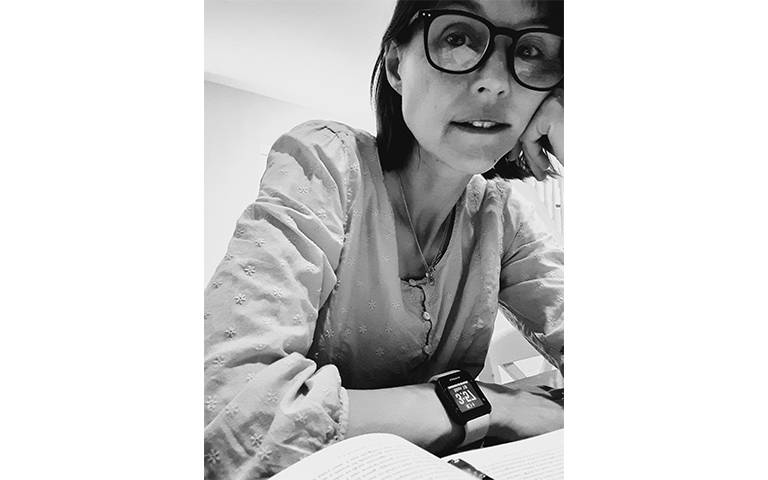60 Seconds With…Professor Johanna Waters
31 October 2022
Professor Johanna Waters reflects on her research as she prepares to give her Professorial Inaugural Lecture on how families experience migration and education, at UCL on 7 December 2022…

Tell us a little about your research...
Through my research, I have been exploring how transnational household migration and decision-making around children’s education intersect. Increasingly, it became apparent that a concern around children’s education (and children’s futures) was driving a lot of this decision-making – how sometimes quite difficult personal circumstances were being rationalised in terms of ‘future gains.’ I am also very interested in understanding the consequences of household decisions around education and migration – it is notable how different family members (such as children and women) experience the process in diverse ways. Sometimes, the circumstances of their migration results in family members being spatially separated for extended periods of time, often with unanticipated outcomes for how relationships develop and change.
More generally, I have been involved in a number of projects that have included research on aspects of the geographies of international education, such as international student mobilities (at both school and higher education levels), transnational higher education (the offshoring of universities) and internationalisation within school settings. This is a brief overview of my research interests!
Why is your research important?
I like to think it helps us to understand the world a little better, particularly in relation to the decisions people make around migration and mobility – why people do what they do, what factors they are weighing up and how these decisions impact differentially on different household members. At a broader scale, I try to expose various social inequalities resulting from educational mobilities, whether that be within households or societies. In different ways, international education contributes to, and exacerbates, societal inequalities. For example, in my work with Maggi Leung (Professor of International Development Studies at the University of Amsterdam) on transnational higher education (TNE), we highlighted the limited prospects that many graduates of transnational programmes experience in their local labour market and the social stigma attached to TNE qualifications. Prior to our work, this aspect of university internationalisation had been rarely discussed. Most recently, I have tried to expose the poor treatment of international students during the COVID-19 pandemic and to discuss more broadly the ethics of international educational practices.
What inspires you in your work?
The people I have talked to, over the years, about their stories of (im)mobility have inspired me (my so-called ‘research participants’). My colleagues at UCL are extremely inspiring. Sometimes it can feel quite intimidating being amongst people doing such good work. There are a number of PhD researchers and ECRs doing some quite fascinating research on aspects of international student mobilities – this is both inspiring and makes me feel old. I also love teaching and inevitably every year I interact with numerous inspiring students. I try to feed off their energy!
What has been your most memorable career moment so far?
The one that springs to mind most readily happened soon after I joined the UCL Department of Geography. I got an email from an undergraduate student in another department, on a different programme, saying that they had left a pencil case in the lecture hall where I was lecturing earlier that day. They had crept in at the back to retrieve it. And they’d found the lecture so engaging that they had stayed for the whole thing. They emailed me to let me know. I found it funny and touching in equal measure. I have the printed email taped to my office wall and I look at it when I am feeling down or experiencing self-doubt.
What passions/hobbies do you have outside of work?
I can’t believe I am saying this, because I took this up very reluctantly (encouraged by an extremely enthusiastic family member), but I am increasingly enjoying orienteering. It has been a very steep learning curve. I began less than two years ago with what are effectively children’s courses and would struggle with those. Now I compete in my age category and don’t (often) come last. I don’t want to jinx it, but I regularly beat several people in competitions now, which I still can’t believe (not coming last has been my modest goal for a while). It is a mental and physical challenge and as someone who has always struggled with maps, I have surprised myself with the progress I have made. I also did my first fell race a few months ago in West Wales, which I loved. More generally, I am trying to get better/faster at running.
What book is currently on your bedside table?
I don’t have a novel on the go right now. I am between novels. I am reading The Sound of Being Human by Jude Rogers. So far, it has been very moving and relatable. The Wild Remedy by Emma Mitchell has been by my bedside for a while. And I also have a few books about running which I dip into now and again for inspiration.
 Close
Close

